
People often forget the importance of proper dental hygiene. Many are not aware that it is not an issue of aesthetics as it is of health. While of course aesthetics are important and we all want to have a perfect smile, many other organs will suffer as a result of dental hygiene, not just your appearance. Failure to chew food properly will lead to gastrointestinal problems, also heart problems, chronic inflammation such as arthritis, diabetes and more can occur as consequence.
That is why it is of the utmost importance to treat all dental problems as soon as possible. Sometimes, although we pay maximum attention to maintaining dental hygiene, problems still arise. This is normal, but it must not be allowed to go untreated. While caries in the beginning can be easily fixed, if it is not done in time, it can lead to tooth loss. Also, various mechanical damages can lead to us being left without one or more teeth. Then there are several solutions, but certainly the best and most advanced are dental implants. Find out more about them, what to expect during your dental implant surgery, as well as about recovery in this article.
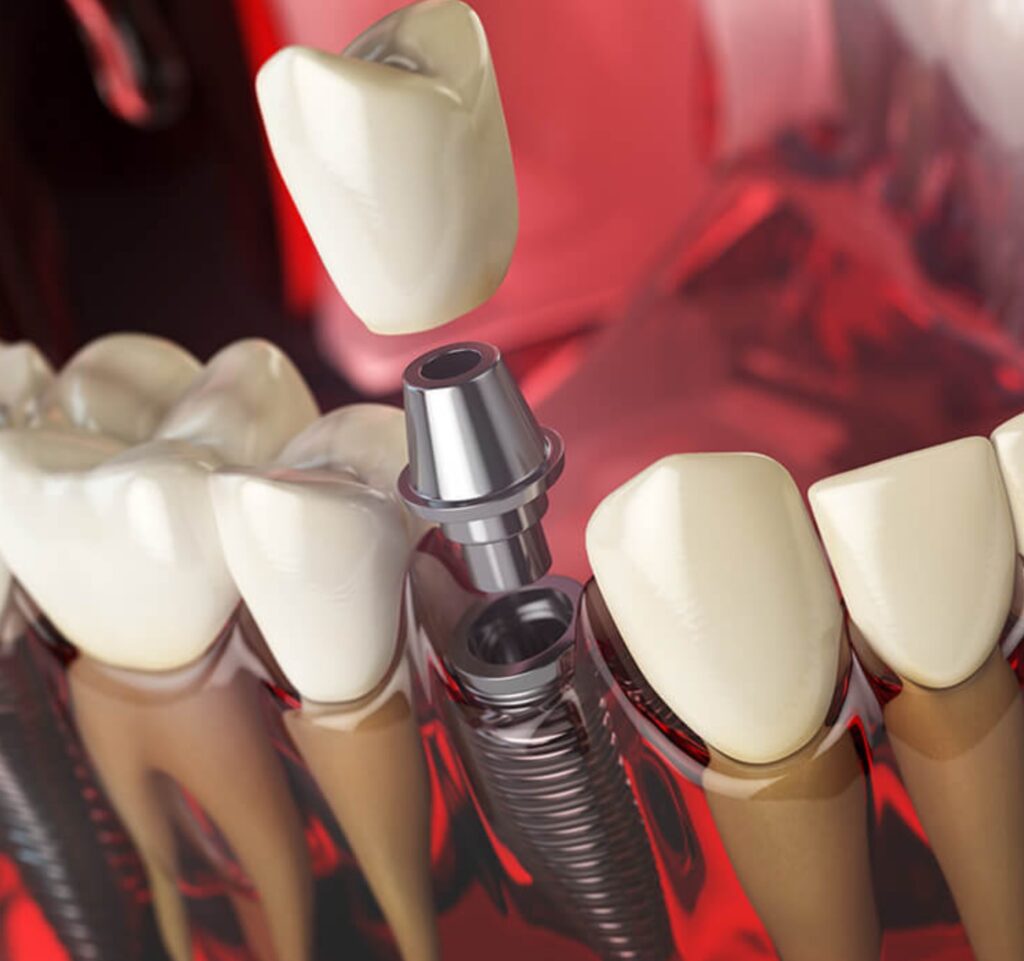
What are dental implants?
This is the most advanced way to replace missing teeth. This method was first used about 40 years ago, and today several million people a year in the USA undergo this procedure. It is a long-term option that will be the closest replacement to your teeth. You are fitted with artificial roots made of metal into jaw which have the task of holding the artificial tooth and you will get a very stable replacement. If there is only one, and not more than one, the dentist can make it very successfully so that it does not differ at all from the other, real ones. Also, unlike bridges or crowns they behave the same as real teeth and this is the biggest advantage of this method.
Types
There are two types. The first is endosteal (in the bone), which is the most common method and this is exactly the method we have already mentioned. Screws will be built into your jaw and which will serve to hold the artificial teeth or more of them. There is another type of subperiosteal (on the bone) that is used in patients who do not have a healthy jawbone, so it is impossible to perform screws installation. Then this method is used because the metal framework is installed in the gum instead of the jawbone.
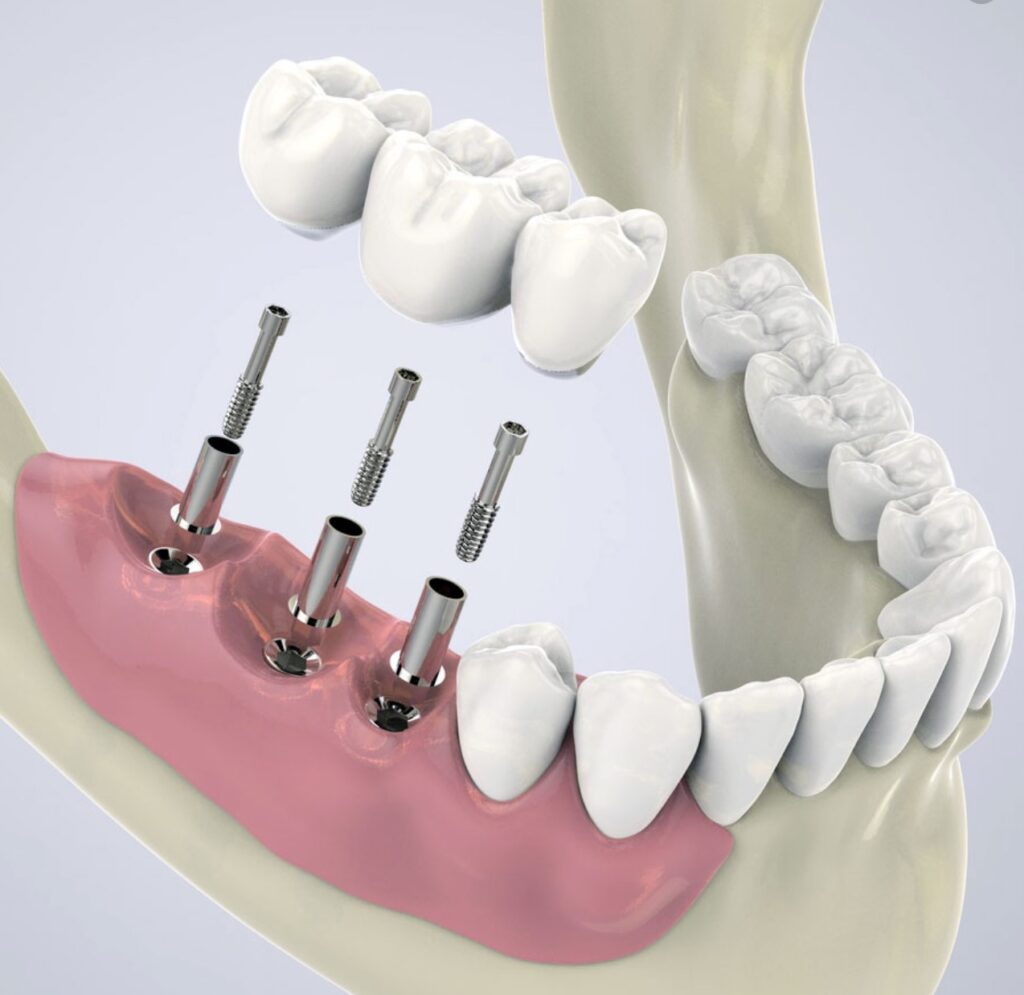
What to expect before surgery?
Of course, it will all start with the initial evolution where the oral surgeon will examine the condition of the inside of your mouth, listen to your wishes and then suggest what is the best option. In addition to the examination, they will also ask you to undergo X-rays, in order to have a real insight into the condition of your jawbone and all teeth. If necessary, you may be examined by a doctor of another specialty. Also, you will discuss whether you want local anesthesia or IV sedation. This procedure is not painful even with local anesthesia, but people also opt for IV sedation in case gag reflex is a problem and the like.
If you are interested in what exactly the evaluation will include, you can find out at https://www.mynazarethdentist.com
If dentist approves the operation, then he will tell you how to prepare for the procedure itself. This will include rinsing your mouth with anti-bacterial mouthwash, taking antibiotics preventively, as well as advice on whether to eat before surgery which will depend on the type of anesthesia.
Things to expect during dental implant surgery
We came to the very day of the operation. You are probably wondering what to expect during the procedure itself. Whether you choose local anesthesia or IV sedation, you will be aware throughout the process.
-
Anesthesia
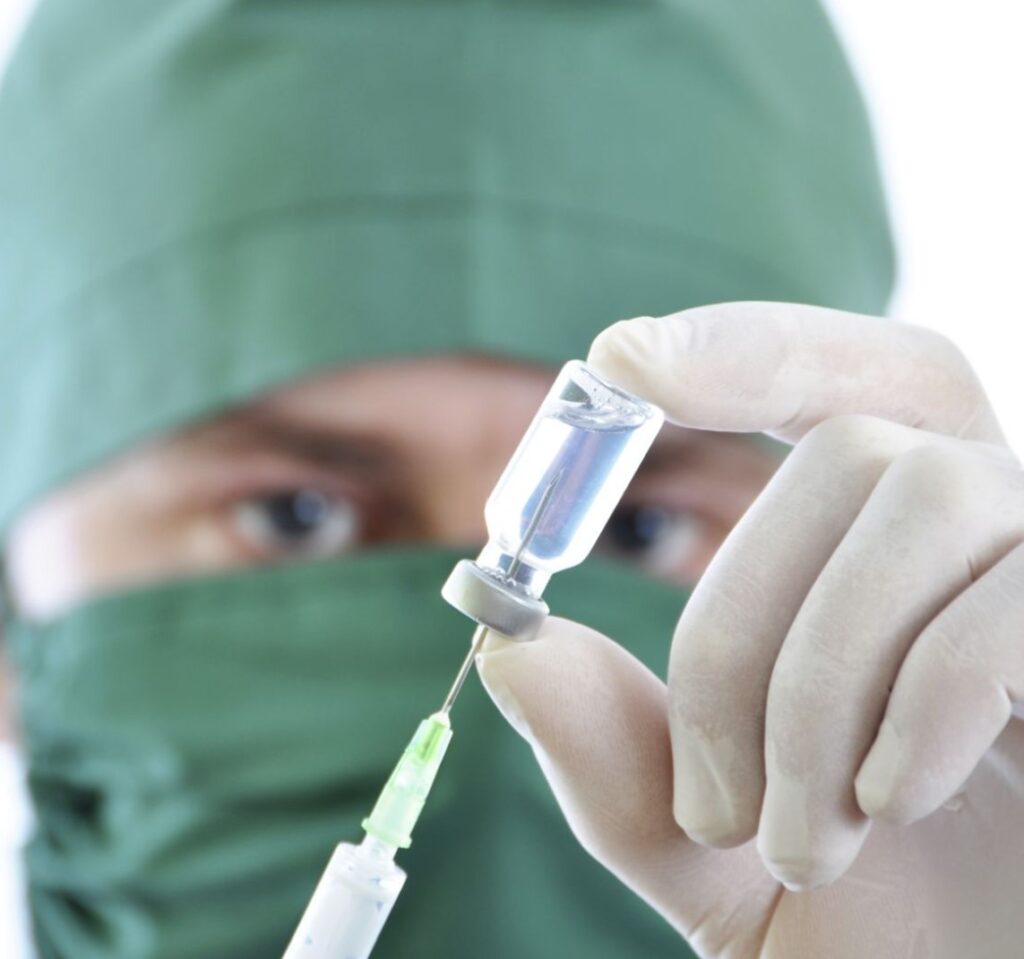
It will all start with your mouth being completely numb, whether with the help of local anesthesia or IV sedation. In the case of IV sedation you will not feel anything, while under local anesthesia you may experience some discomfort, but not pain. Giving anesthesia is also not painful, but can be mildly uncomfortable.
-
Tooth extraction
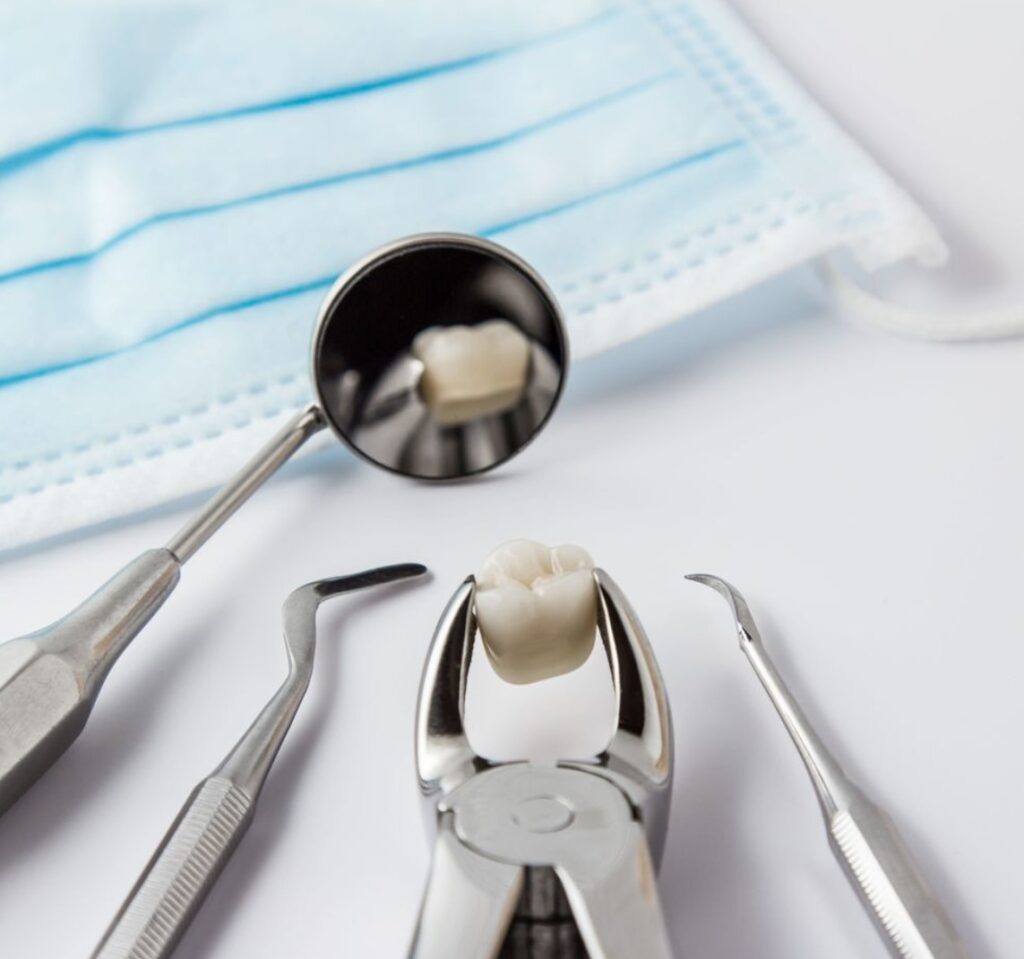
In the event that there is still a tooth remaining at the site where the screw should be installed, the oral surgeon will first proceed with the tooth removal. This can be done as a separate intervention before surgery, or during surgery. It is easier to be done during surgery, so that is the choice of most dentists. That part will be completed very quickly and then you can move on to the next part.
-
Inserting implant and bone grafting
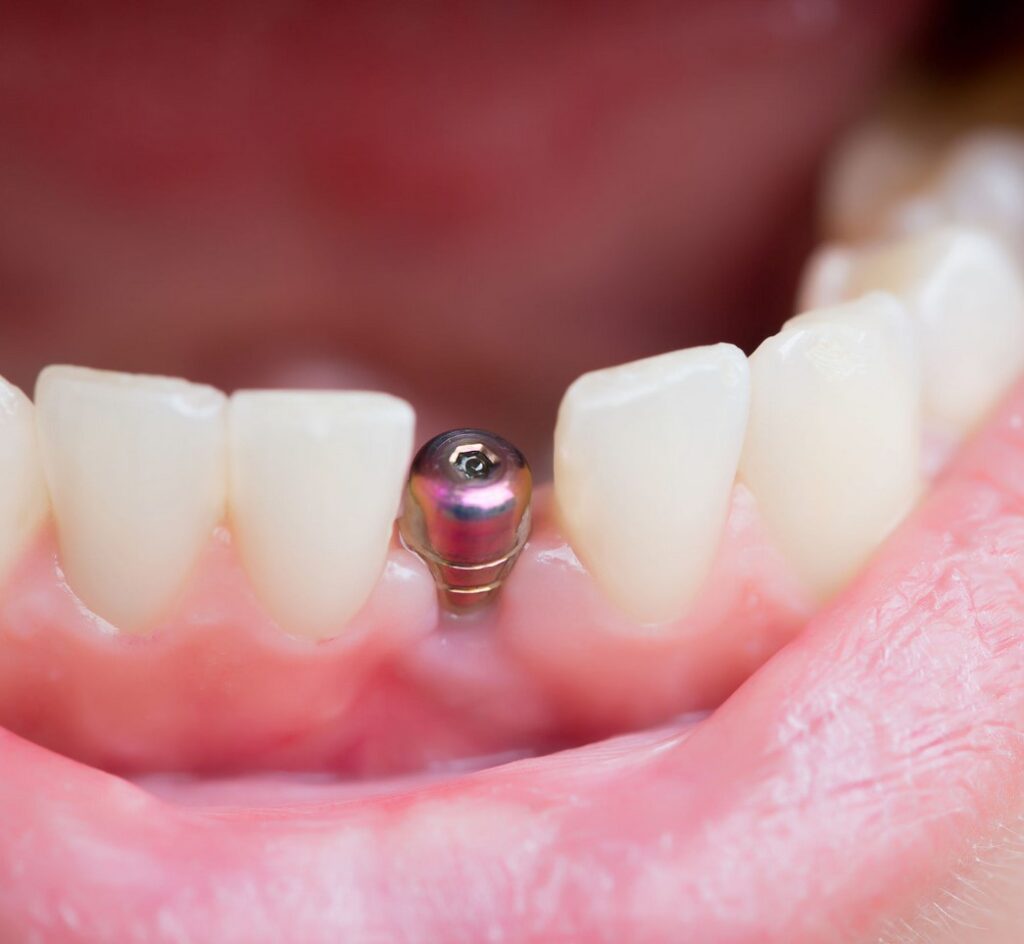
We told you that there are two types of procedures, and now we will focus on the endosteal. If your jawbone is healthy, then screw installation will be started immediately. If it needs to be strengthened, then it is necessary to approach a procedure called bone grafting. It is a transplant from another part of the jaw to that part in order to strengthen the bone. In that case, you will probably need to let the bone heal before you have an implant. If this is not necessary, then an implant is placed in you and the period when it needs to heal begins. The goal is to become a natural part of your gums. It lasts from a few months to a year.
-
Adding abutment
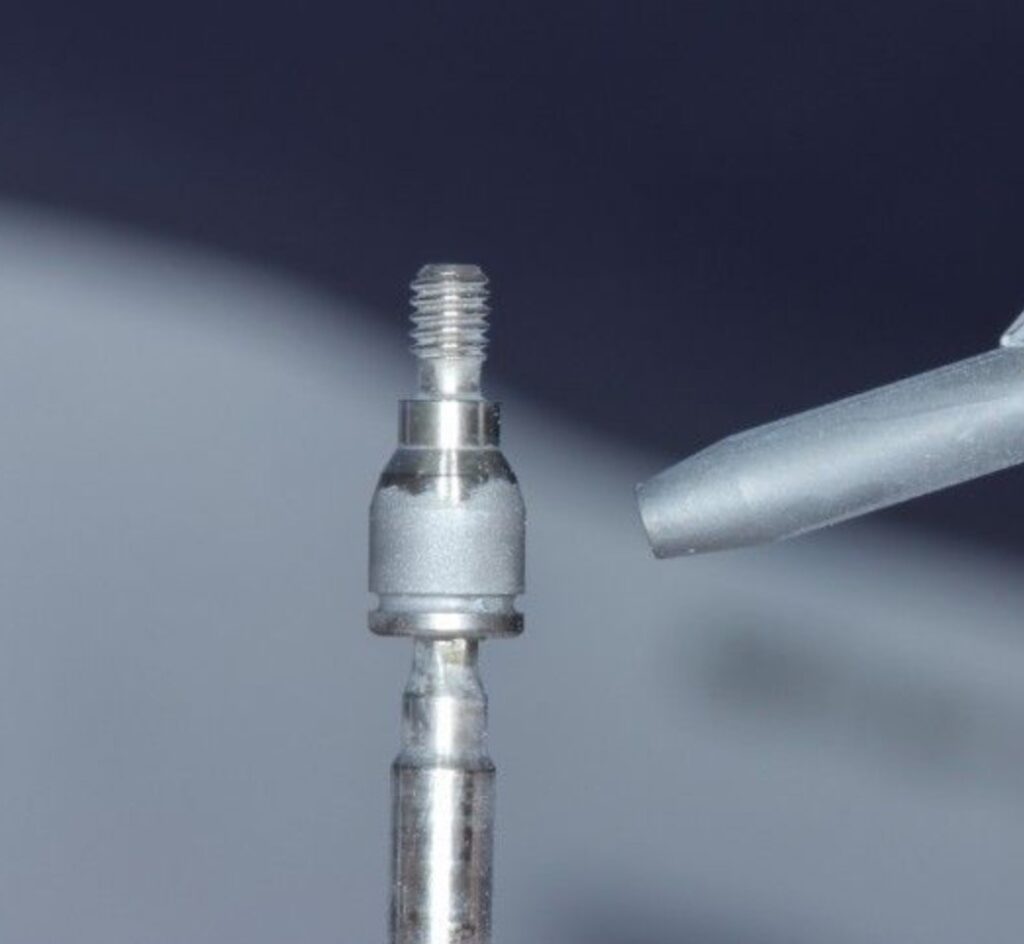
The screw and crown are not the only parts. There is also something called an abutment and it is placed between these two parts to connect the screw and the crown and give stability. Adding abutment is a completely painless process. In some situations, this will not have to be a separate procedure but can be done during the previous step we described.
-
Crown
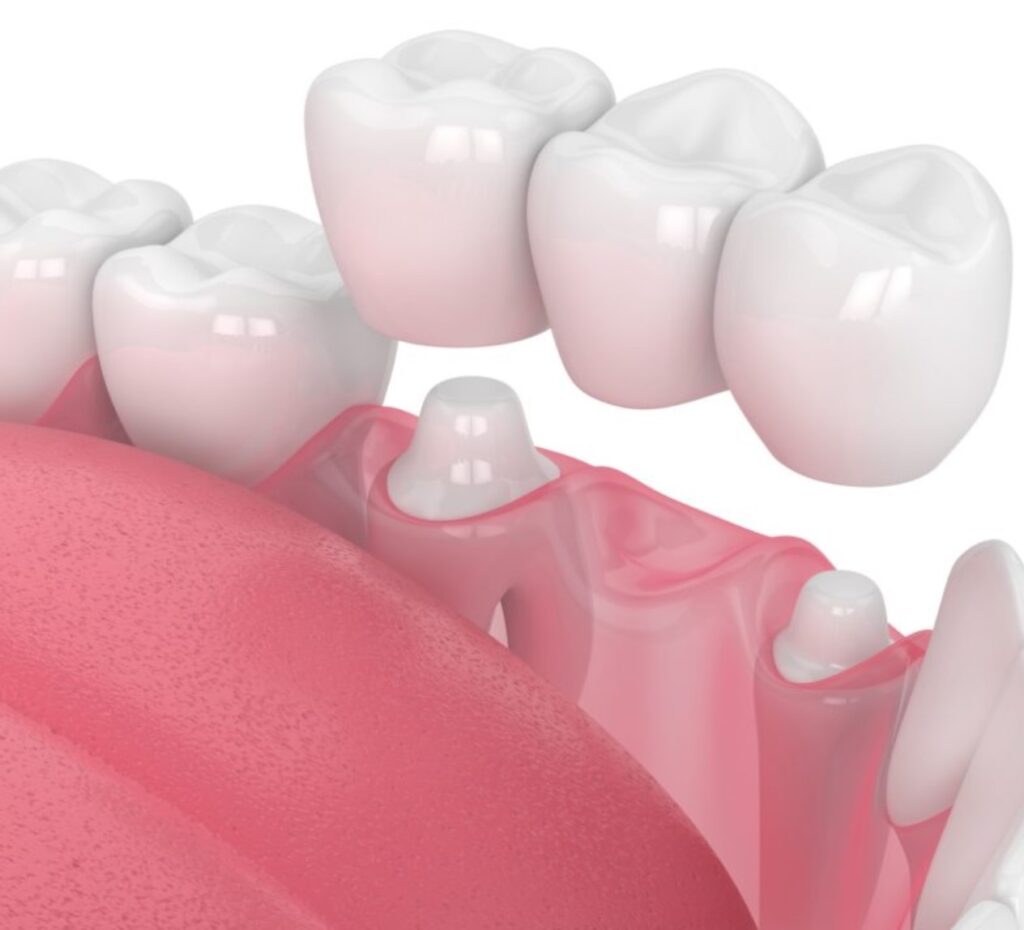
Once everything is healed, it’s time to install the crown. It can be removable or permanent. If it is removable, then it will be similar to dentures and you can clean them yourself.
After surgery
A few hours after surgery, when the anesthesia stops working, it is normal to experience pain, discomfort and swelling, and even a little bleeding. You should eat soft foods. In general, you will be able to quickly return to your activities, if it is local anesthesia, you can do everything as usual on the same day. Of course you need to take even more care of hygiene, eat soft foods, use ice to reduce swelling and you will need painkillers too. Avoid smoking, that activity can increase chance of infection.
Conclusion:
All you have to do now is take care of your dental implants and maintain them like your real teeth. Or better yet, if a lack of maintenance led to you needing implants. Of course, continue to visit the dentist regularly.
















